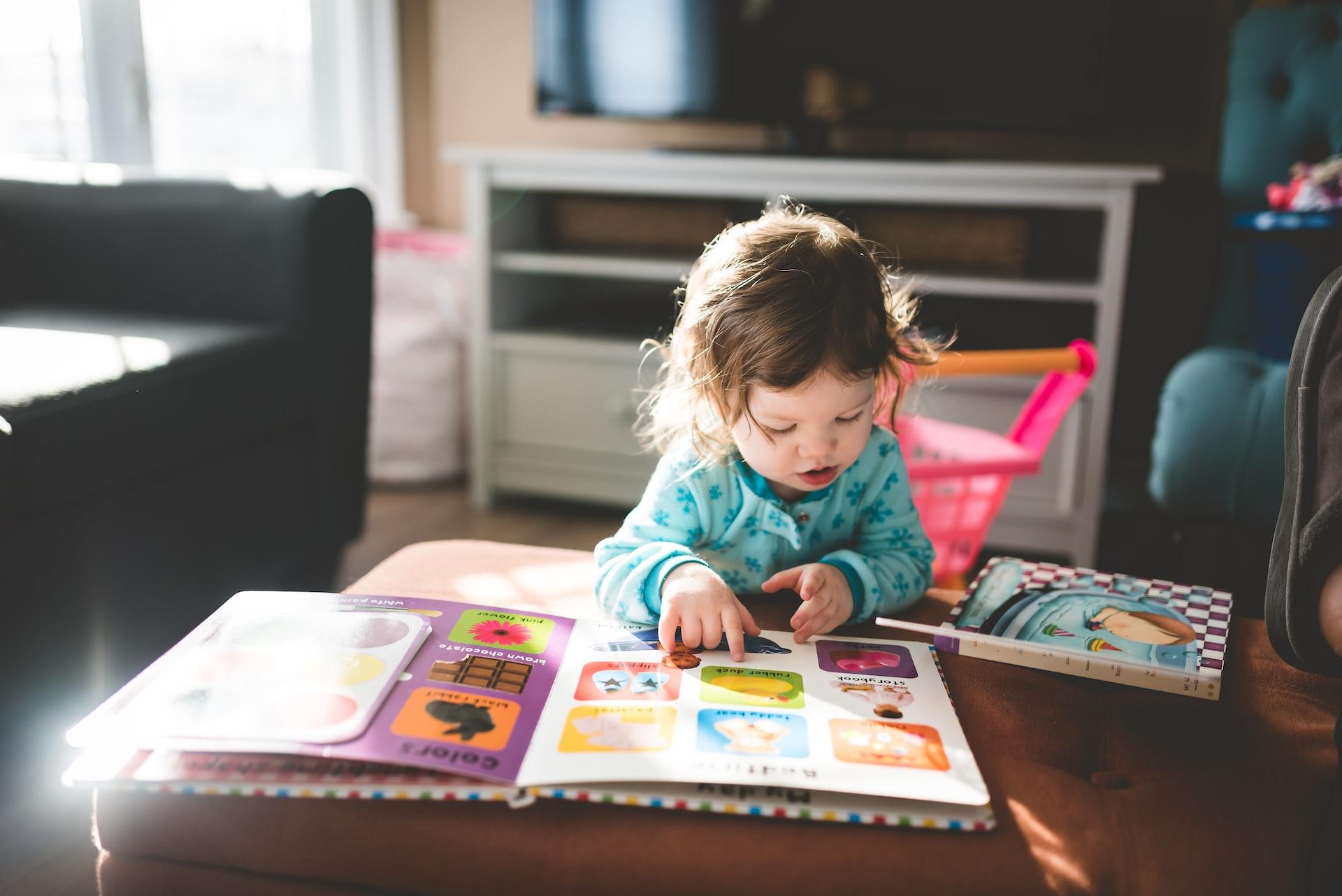Multilingualism is the ability to communicate in and understand more than one language. Being able to speak different languages is an extremely valuable skill, especially in this day and age with greater internet access and geographical mobility. As you likely already know, the earlier you begin learning a second language, the better - with research showing that it’s best to start before the age of 10. But why exactly should we raise children to be multilingual? What are the benefits? We hope to answer these questions and more in our article today. Let’s dive straight in:

Improves Focus & Multitasking
Having a conversation in a foreign language is notoriously difficult. You are simultaneously processing the information another person has said whilst also trying to formulate an appropriate response and following grammatical rules that don’t necessarily come intuitively to you. Basically, it requires a lot of concentration. As a result, learning a second language can really help a child to practice and improve their overall ability to focus and multitask.
Helps with Brain Development
Following off the back of our previous point, raising your child to be bilingual or multilingual is fantastic for their brain development. Learning languages has been proven to improve the brain’s executive functions, which include things like self-control, adaptable thinking, problem solving, time management and planning. But why is that exactly? Well, speaking a different language is similar to doing an all-body workout for your mind - it engages multiple parts of your brain all at once, helping to strengthen them and encourage brain connectivity.

Better Working Memory
Interestingly, it can also help to improve your child’s working memory if they are raised multilingual. Memory is another one of your brain’s executive functions. Learning a number of different languages can help children to train their memory retention and recall, gradually improving their working memory over time. Considering how much multilingualism relies on memory, this makes sense. With languages, we don’t just have to learn an entirely new vocabulary (which will have thousands of different words), but also remember a huge variety of linguistic rules.

Increases Empathy
Studies have found that multilingual children tend to be better at empathizing with and understanding people than their monolingual counterparts. There’s no definitive explanation for this, but psychologists have a number of working theories! Multilingual children can’t always understand every word in a conversation and so they focus more on reading between the lines, considering context and reading body language. As a result, they become better at decoding what people truly mean in a conversation and don’t get caught up too much on the specific words that the speaker has used. In addition to this, psychologists have found that multilingual children are better at seeing things from other people’s perspectives!

Learning About Culture
When learning a new language, we also learn about the countries and cultures associated with it. That’s partly why learning a language is such a joy! For example, when learning to talk about food in French, your French tutor might give you a rundown of French cuisine; whilst a Chinese Mandarin teacher might go into the country’s etiquette regarding meeting and greeting. The more children are exposed to different cultures, the more their understanding and acceptance of others grows. As such, raising your kids to be multilingual doesn’t just expand their knowledge of the world, but also encourages them to be more appreciative of differences.

Better Communication
Communication is what lies at the core of society. It’s how we connect, how we navigate conflict and how we work together. Learning a new language is highly conducive to communication; it makes going on holiday or moving to a new country much easier. Beyond that though, being able to speak multiple languages has become increasingly important in recent years because of globalization. Travel, technology and the internet have all resulted in the world becoming more interconnected than ever before, therefore making the ability to communicate in a second language even more valuable.
More Opportunities
Continuing on from our previous point, raising your children to be multilingual could really help them to get a step ahead in life. Thanks to globalization, there’s been a significant increase in demand for multilingual workers. From media translations to political communications, there’s never been more jobs available for linguists. Currently, English is considered the language of international communication, so it’s not a bad idea to invest in an English tutor if you're from a non-English speaking country. For those based in English-speaking countries, why not look at learning Spanish, German or even Mandarin? It’s wrong to assume that English-speakers shouldn’t also put the effort into learning languages!
All in all, the benefits of raising your children to be multilingual are innumerable. Not only can learning a second language help to promote prosocial behavior and increase opportunities for your kids in the future, but it can also significantly boost their brain power. To support your child with learning a new language, we recommend hiring a Superprof tutor or using Twinkl resources!
This article was written by Laura Millington from Twinkl Educational Publishing.
Résumer avec l'IA :














